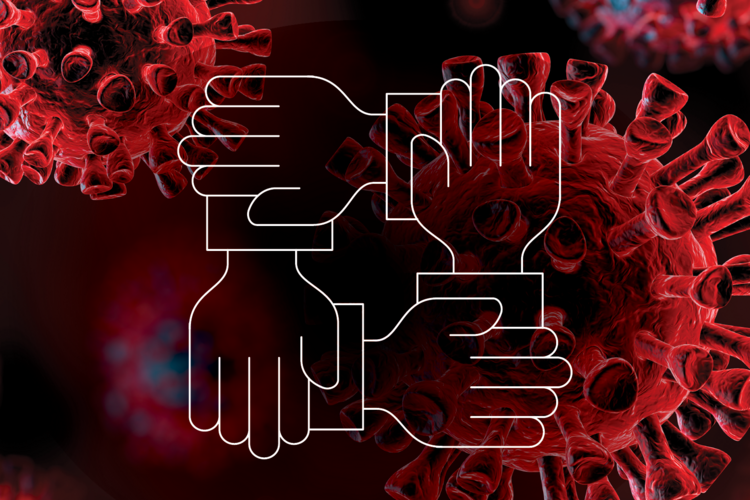The shutdowns in the United States—of businesses, restaurants, schools, churches—began one year ago this March. We asked 14 experts to reflect on the biggest lessons from the past year in the hope that they might help us find a better way forward. You can read the rest of the series here.
A few months into the Covid-19 pandemic in Cameroon,Marie began to worry. As an H.I.V.-positive woman, Marie depends on regular testing and medications to control her illness. She wondered if, as a pregnant mother, she could access such services during the pandemic. Marie was right to worry.
The coronavirus’s rapid and unpredictable spread has disrupted global health systems. It has also threatened to reverse decades of progress we have made on fighting illnesses like H.I.V. and malaria. According to a recent World Health Organization study, 14 African countries have seen a decline of more than 50 percent in critical health services. Children have missed out on vaccinations. Mothers have missed their pre- and postnatal care. And there has been a sharp decline in families’ access to healthy and nutritious food.
The good news is that, against all odds, our church and community partners have maintained their local health systems. Meanwhile, aid organizations like Catholic Relief Services have adapted to the Covid-19 context. In some cases, we are conducting our programs online. In others, we are modifying our activities to adhere to new health and safety protocols. For women like Marie, such adaptations are the difference between life and death. These adaptations are also vital to long-term control of diseases like malaria and tuberculosis.
While we are encouraged by the efficacy of the approved Covid-19 vaccines, our global leaders need to make sure equity is at the center of the vaccine distribution process. We must also push for more U.S. funding to address the virus’s impacts overseas.
In his latest encyclical, “Fratelli Tutti,” Pope Francis touched on the theme of global interconnectedness, stating, “We need to develop the awareness that nowadays we are either all saved together or no one is saved.” To put it another way, we cannot end this pandemic anywhere if we do not end it everywhere.
Catholic Colleges and Universities
Mental Health
The American Family
Inequality
Technology
Catholic Schools
The American Work Force
Parish Life
Children’s Health
Economy
Catholic Hospitals
Globalization
Spiritual well-being








